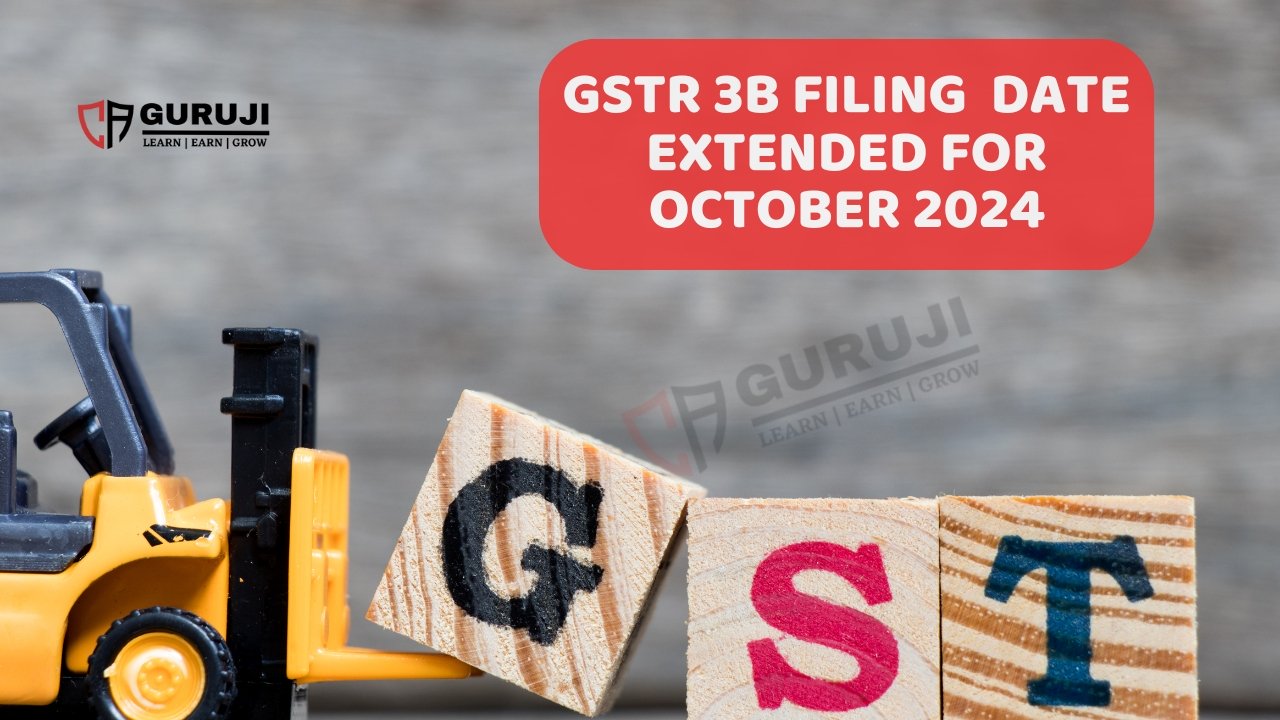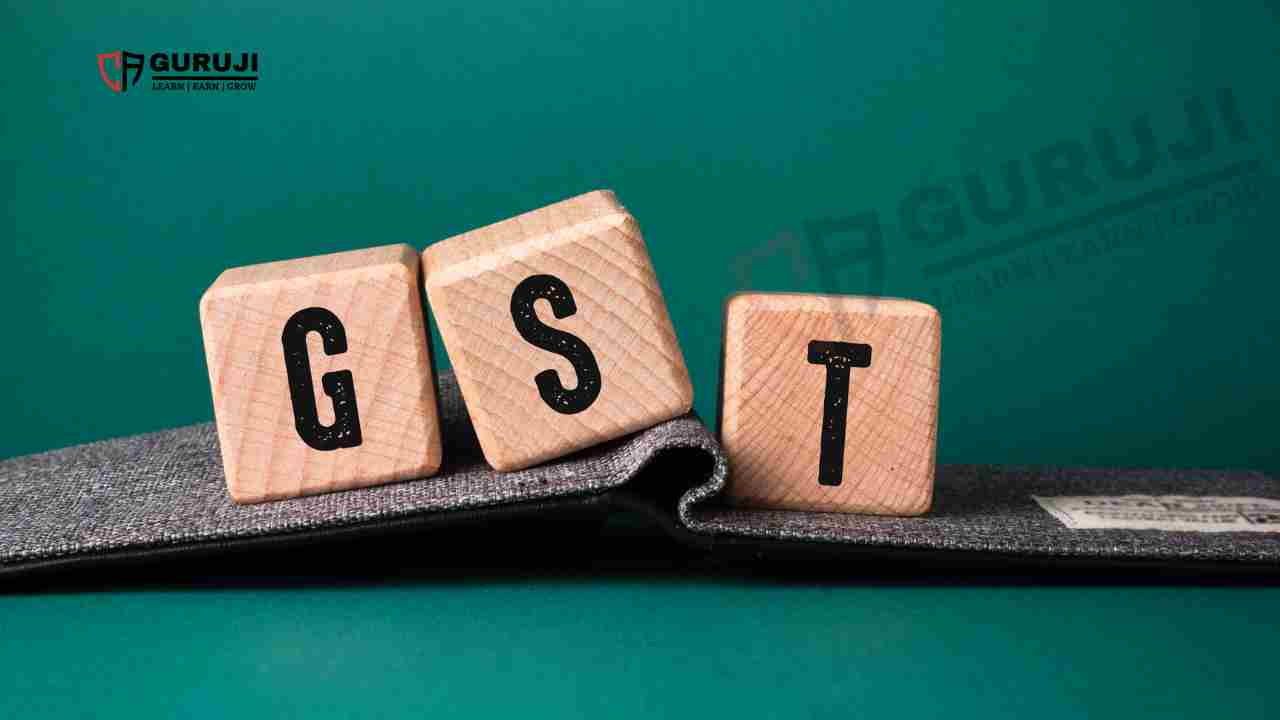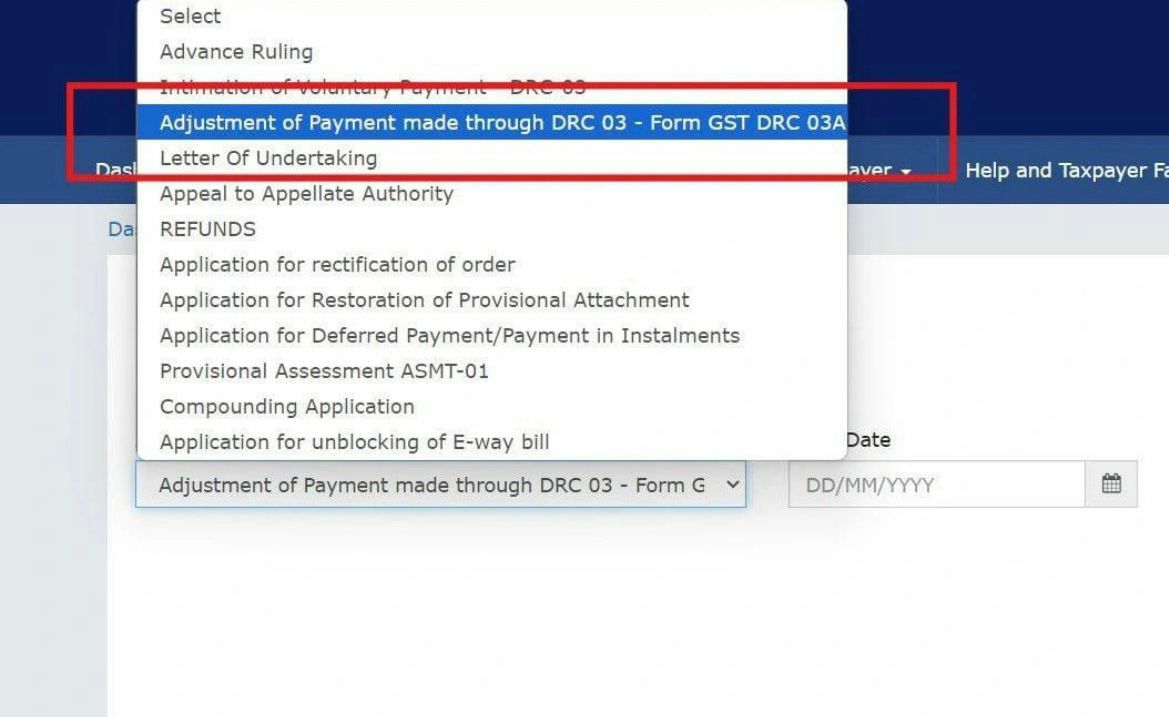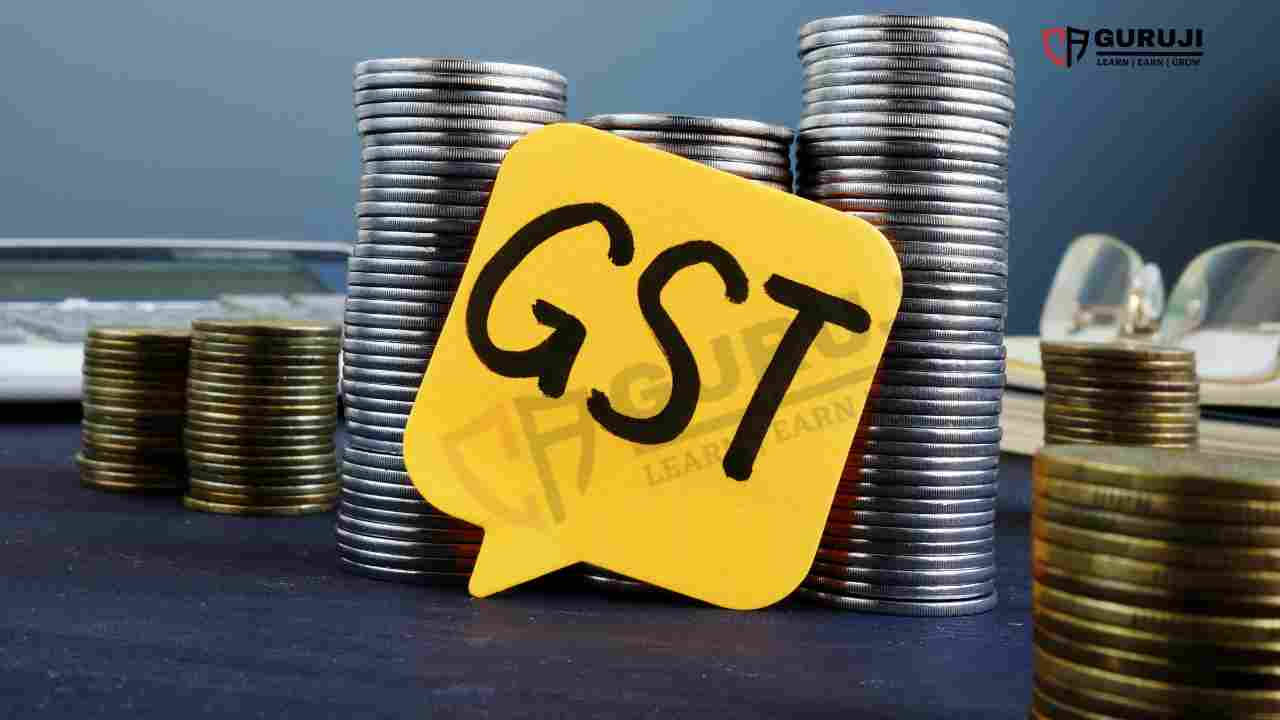In a potentially significant decision for wealth transfer strategies, the Bombay High Court has ruled that gifting shares may not be subject to capital gains tax in India. This judgment, delivered in the case of Jai Trust vs. Union of India, clarifies the tax implications surrounding capital gains arising from gifted financial assets.
The case: The Mumbai-based Jai Trust gifted shares of Nerka Chemicals, United Phosphorus, and Uniphos Enterprises to its beneficiaries in 2010. The trust declared “NIL” income for the 2010-2011 financial year on its tax return, accurately reflecting the distribution of income among beneficiaries. However, the tax authorities later issued a reassessment notice, claiming the trust owed capital gains tax on the gifted shares.
The issue before the Bombay High Court was whether the gift of a listed company’s shares attracts income tax even when no money changed hands. The fact that shares were gifted for no consideration was not disputed.
“Jai Trust had gifted shares held by it to a private company without receiving any money. The Assessing Officer issued a notice for reopening of the case for the reason gifting of shares would be taxable in the hands of Jai Trust. The Court held that gifting of shares held as capital asset is exempt under income tax law. Hence, this would not be a valid reason to reopen a case,” said Experts
Court’s Reasoning:
The court dismissed the tax authorities’ claim, highlighting three key points:
Capital Gains Tax Requires Profit: For capital gains tax to apply, there must be a transfer of a capital asset resulting in a profit or gain. Since a gift involves no exchange of money, there’s no profit to be taxed.
What is capital gains tax?
Capital gains tax is a tax on the profit made from selling capital assets like stocks, real estate, or gold. The tax rate depends on how long you hold the asset (short-term or long-term) and the amount of profit.In India, capital gains tax applies when you sell something like stocks or real estate for more than you bought it for. There are three main requirements for this tax to apply:
-
- You must be selling a “capital asset” – things like stocks, land, or gold.
-
- You must be transferring that asset to someone else.
-
- The transfer must make you a profit.
-
- Since you’re giving shares away as a gift, there’s no profit involved. You’re not getting any money back, so the third requirement isn’t met.
Gift Exemption in Income Tax Act: Section 47(iii) of the Income Tax Act specifically exempts transfers by way of gifts from capital gains tax liability.
“The Court also held that the gifting of Capital assets such as shares cannot be taxed in the hands of the person gifting under the income tax law, as they are specifically exempted from taxation. The law has clearly exempted all kind of gifts (other than ESOPS) in the hands of the person gifting. The tax officer in such cases cannot assign any value where no consideration has been received,” said Expert
Proper Disclosure: The court emphasized that Jai Trust had duly disclosed the gifted shares in its tax return.
“In this case, the Department attempted to impose tax on a presumptive capital gain purportedly made by the trust after the gift of the shares. It calculated the current market value of shares and sought to tax the difference between that value and the cost of its acquisition as the trust’s income. The basis of the Department’s position was that a trust is deemed to operate in the interest of its beneficiaries, and it should be reasonably presumed that the trust made a capital gain through the transaction,” said Rony Oommen John, Advocate on record, Supreme Court
The High Court referred to Section 47 (iii) of the Income Tax Act 1961 which mandates that the transfer of shares under a gift is expressly exempted from the purview of taxation (except in the case of ESOPs). The High Court also held that a ‘profit’ or ‘gain’ is an essential precondition for the levy of income tax on capital gains, and the same is lacking in cases of gift of shares where no consideration has admittedly been received by the assessee.
Section 47 (iii) of the Income Tax Act 1961 has not undergone any amendment and continues to be applicable till date, and this section read with the judgment of the Bombay High Court will continue to apply to situations where shares are transferred by an assessee for no consideration.
“However, one should note that the said gift can still be taxed in the hands of the recepient of the gift. As per the tax law, if a person receives any asset from a person other than the relative for an amount below the fair value, it will be considered as income of that person. Hence, the exemption is only to the person making the gift,” said Expert.
Impact and Implications:
This landmark decision offers clarity on the tax treatment of gifted shares. It suggests that gifting shares could be a tax-efficient way to transfer wealth within families. However, it’s important to note that this is a recent ruling, and its wider application may be subject to further legal interpretations.
Visit www.cagurujiclasses.com for practical courses











